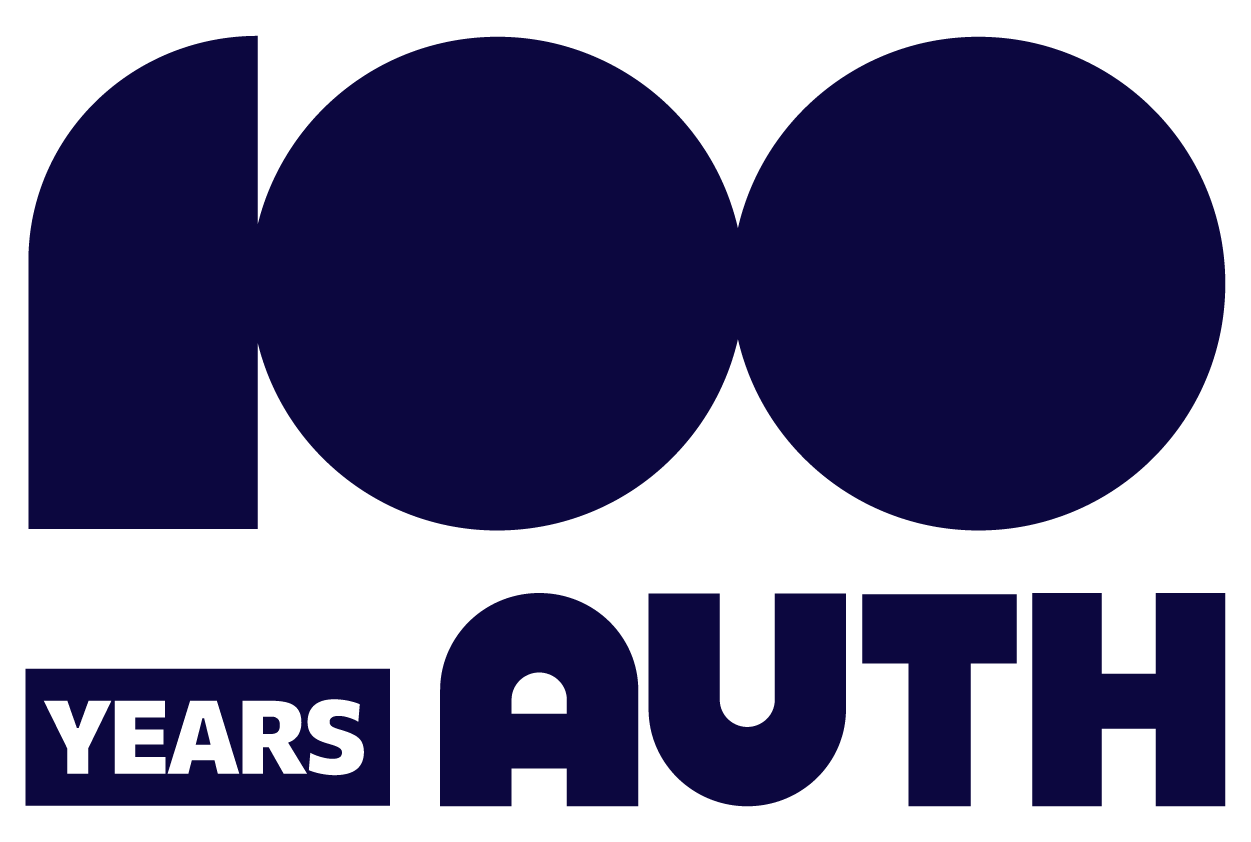
The course aims at introducing students to translation methodology while demonstrating the complex, problem-solving and creative nature of translation. The focus will be on translation as process and product and, in particular, on the ways in which extratextual and intratextual factors can affect decision-making. Lectures are specifically designed to include weekly practical tasks where students are given the opportunity to explore a wide range of translation challenges and learn how to apply pertinent theoretical insights (e.g., translation techniques/strategies) in order to tackle them. Examples will be drawn from a wide range of written and multimodal texts belonging to different genres and text-types.
Intended Learning Outcomes (ILOs):
The course is specifically designed to enable students to:
· analyse a text for translation purposes, appreciating the interaction of both verbal and non-verbal means of communication
· understand translation as text creation for a particular purpose, in a particular situation and addressing a particular audience
· develop the skills necessary to deal with a wide range of translation challenges
· develop a self-awareness of what they do when they translate, how they do it and why they do it in one way rather than another
· become familiar with the basic theoretical tools that will help them analyse, assess and comment on translation as a process and product.
Assessment: Final exam (100%)
| Semester | Group | Day | From | To | Room | Instructor |
| Winter | Tuesday | 13:30 | 16:00 | 107 | Desilla Louiza | |
| Spring | Tuesday | 13:30 | 16:00 | 107 | Desilla Louiza |